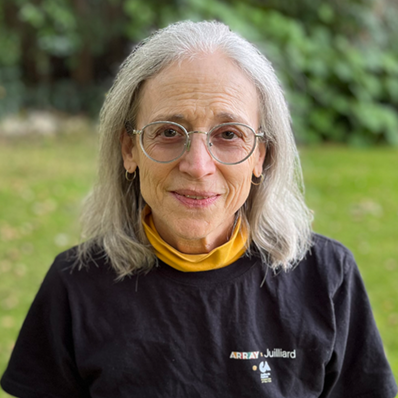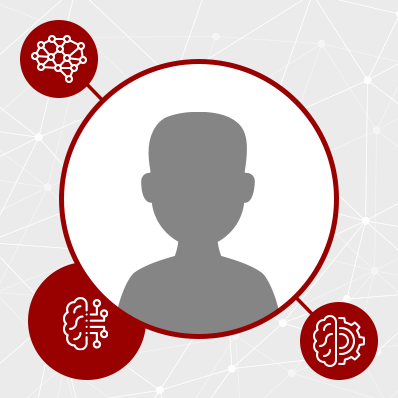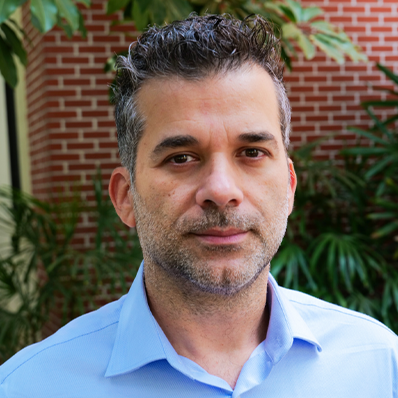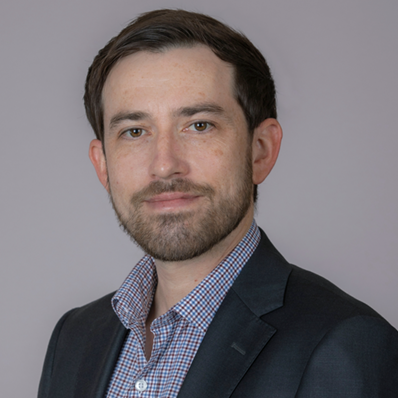Bonaguidi, Michael
Associate Professor of Stem Cell and Regenerative Medicine
Cognitive impairment (CI) is a burdensome neurological condition that occurs during aging, Alzheimer’s disease (AD), and is a common co-morbidity in many neurodegenerative diseases, including epilepsy. Unfortunately, CI prevalence continues to accelerate due to population aging and emerging therapies only slows CI by a few months. Our research seeks to develop regenerative medicine and provide longer-lasting benefits to CI through brain restoration. We are establishing endogenous brain regeneration as a therapeutic approach for CI in pre-clinical animals and people by (1) investigating neural stem cell behavior in aging, AD and epilepsy, (2) developing computational/AI drug discovery tools for precision medicine to treat CI, and (3) partnering with physicians for human research and clinical trials to translate our findings.
Bottjer, Sarah
Professor of Biological Sciences and Psychology
Our lab studies how neural circuits that traverse the cortex and basal ganglia mediate motor skill learning during development. Skill learning entails the acquisition of a new behavior as trial and error of variable actions are refined into a stereotyped pattern. Acquisition of new motor skills depends on neural circuits that compare feedback of self-generated movements to a desired goal and reinforce “correct" movements that match that goal. We use multidisciplinary behavioral and systems neuroscience approaches to study the function of cortico-basal ganglia circuits during developmental skill learning. Understanding the normal function of these circuits is a necessary prerequisite to understanding the multiple diseases associated with disorders of the basal ganglia.
Chang, Karen T.
Associate Professor of Physiology and Neuroscience
Our lab is interested in understanding how neurons communicate with high fidelity to support complex brain functions. We aim to uncover the molecular and cellular mechanisms that enable precise synaptic signaling and to explore how disruptions in these processes contribute to neurodevelopmental and neurodegenerative disorders. Using Drosophila melanogaster as a genetically tractable model system, we integrate electrophysiology, molecular biology, confocal imaging, proteomics, and behavioral analysis to investigate synaptic function and plasticity.
Charaziak, Karolina
Assistant Professor of Otolaryngology-Head and Neck Surgery
Hearing loss is one of the most common sensory disabilities, with 350 million people worldwide suffering from hearing impairment. Unfortunately, the development of intervention strategies for overcoming the effects of sensory impairment is hampered by limited understanding of both how the normal inner ear processes environmentally relevant sounds and how disruptions in this processing can be identified and diagnosed. Thus, in our lab we aim to advance this knowledge by studying how the cochlea of the inner ear processes both simple and environmentally relevant sounds. We utilize approaches that combine both direct (e.g., intracochlear vibrometry) and indirect (e.g., otoacoustic emissions, electrophysiology) measurements of cochlear responses with theoretical modeling. Joint intracochlear and otoacoustic emission/electrophysiological studies informed by theoretical models are crucial for improving the power of diagnostics in humans, where the cochlea cannot be accessed for a direct study.
Christopoulos, Vasileios
Assistant Professor of Biomedical Engineering
Prof. Christopoulos' research focuses on understanding the neural mechanisms underlying higher-order cognitive functions, such as decision-making, motor learning, and motor control. In recent years, he has expanded his research to include clinical studies on patients with brain and spinal cord injuries. His work encompasses intracortical Brain-Machine Interface research in individuals with tetraplegia and the use of functional ultrasound imaging in patients undergoing surgery for brain and spinal cord disorders. His innovative research aims to bridge the gap between basic neuroscience and clinical applications, contributing to advancements in neurotechnology and neurorehabilitation.
Dewey, James
Assistant Professor of Otolaryngology-Head and Neck Surgery
The Dewey Lab studies the mechanical processes that underlie normal hearing and how these processes are affected in hearing-impaired ears. Current topics of investigation include (1) how sound causes the structures within the cochlear spiral to vibrate, (2) how these vibrations are amplified by the sensory outer hair cells, and (3) how this amplification process leads to the emission of sound by the ear.









